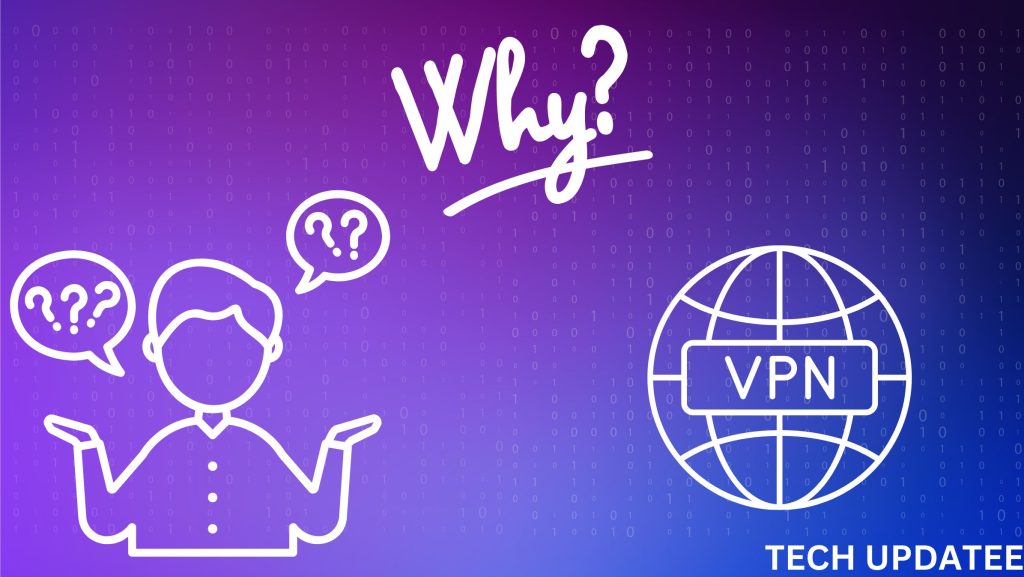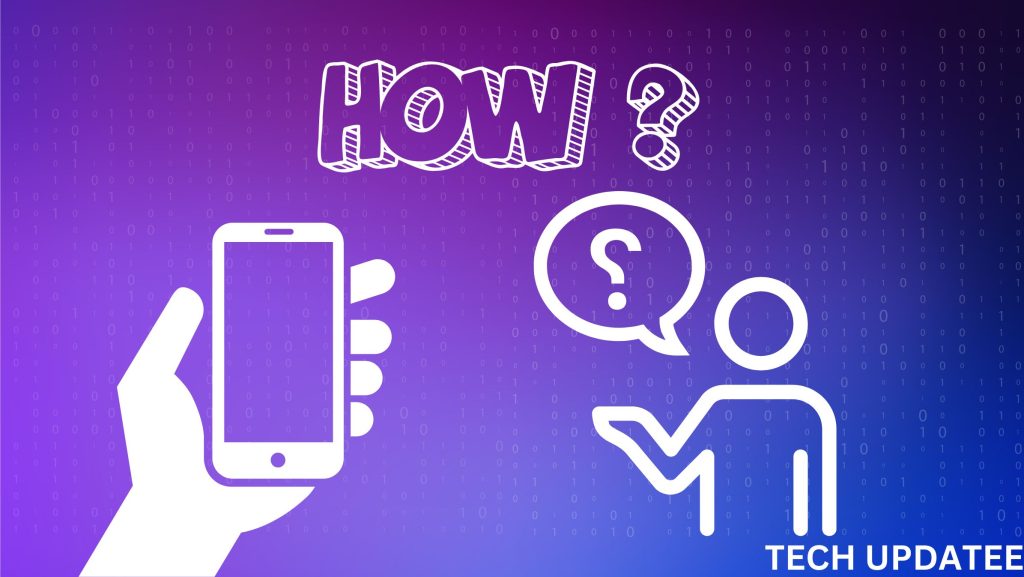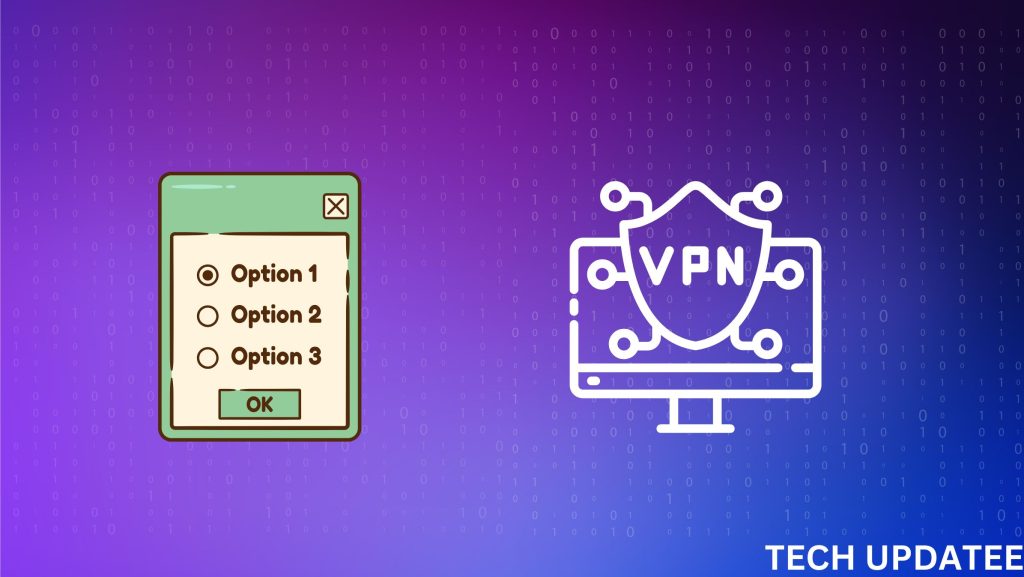What VPN Is The Best Online security and privacy are more crucial than ever in the modern digital environment. Protecting your online behavior is crucial due to government spying, data tracking, and cyber risks. A Virtual Private Network (VPN) can help with this.
However, which VPN offers the most security for browsing? Selecting the best option might be difficult when there are so many to choose from. Understanding how VPNs operate, what features to look for, and which VPNs are ideal for your needs are all covered in this article.
By the end of this guide, you’ll know:
- Why you need a VPN
- How to choose the best VPN
- The top VPNs for security, streaming, and speed
Contents
- 1 Why Do You Need a VPN?
- 2 How VPNs Work: A Simple Explanation
- 3 VPN Protocols Explained: Which One Is Best?
- 4 How VPNs Protect You from Cyber Threats
- 5 How to Choose the Best VPN
- 6 What VPN Is The Best
- 7 How to Set Up a VPN for Secure Browsing
- 8 Free vs. Paid VPNs: Which One is Best?
- 9 Common VPN Issues and How to Fix Them
- 10 Security Tips When Using a VPN
- 11 Conclusion
- 12 FAQs
Why Do You Need a VPN?

A VPN (Virtual Private Network) is a tool that encrypts your internet connection, keeping your data private and secure. Here’s why using a VPN is essential:
- Safeguards Your Privacy: By concealing your IP address, a VPN makes it more difficult for hackers and marketers to monitor your online behavior.
- Encrypts Your Data: To ensure secure communication, all data transmitted via a VPN is encrypted.
- Unblocks Geo-Restricted Content: Get access to websites, apps, and streaming services that could be prohibited in your nation.
- Secures Public Wi-Fi: When utilizing public networks, keep hackers from intercepting your data.
- Avoids ISP Throttling: This stops your connection from being slowed down by internet service providers (ISPs).
How VPNs Work: A Simple Explanation

- Encrypts Your Data: By establishing a secure tunnel between your device and the internet, virtual private networks (VPNs) prevent hackers from reading your data.
- Modifies Your IP Address: Your actual IP address is concealed when connected, giving the impression that you are browsing from a different place.
- Protects Public Wi-Fi Use: Virtual private networks (VPNs) protect your connection from online dangers.
- Releases Restricted Content: They make geoblocked websites and streaming services accessible.
- Prevents ISP Tracking: VPNs prevent your ISP from keeping track of and recording your online activities.
VPN Protocols Explained: Which One Is Best?

- OpenVPN—Highly secure and widely used, offering strong encryption and fast performance.
- WireGuard—A modern, lightweight protocol known for its speed and efficiency.
- IKEv2/IPSec—Great for mobile users due to its ability to reconnect quickly.
- L2TP/IPSec—Offers decent security but is slower compared to newer protocols.
- PPTP—One of the oldest protocols, but it is less secure and not recommended for privacy.
💡 Best Choice? OpenVPN and WireGuard are considered the best for security and speed.
How VPNs Protect You from Cyber Threats
- Encrypt Your Data: To keep hackers and cybercriminals away from your online activity, VPNs employ robust encryption.
- Hide Your IP Address: By hiding your true IP address, they stop hackers and websites from determining where you are.
- Secure Public Wi-Fi: VPNs lower the danger of hacking by protecting your data when you use unprotected public Wi-Fi networks.
- Block Phishing and Malware: Some VPNs come with built-in security tools that can stop phishing scams and hazardous websites.
- Stop ISP Tracking: VPNs prevent your Internet service provider (ISP) from keeping tabs on your online activities and selling your information.
How to Choose the Best VPN
When selecting which VPN is the best, consider the following features:
- Strong Encryption—Look for AES-256-bit encryption to protect your data.
- No-Logs Policy—Choose a VPN that does not store user data.
- Fast Connection Speeds—Ensure the VPN offers high-speed servers for streaming and gaming.
- Global Server Network—More servers provide better access to international content.
- Compatibility—The VPN should work on Windows, macOS, Android, iOS, and routers.
- Kill Switch – Automatically disconnects your internet if the VPN connection drops.
- Affordable Pricing—Choose a VPN that offers value for money with strong security.
What VPN Is The Best
Top 5 Best VPNs for Secure Browsing in 2025
| VPN Name | Best For | Key Features |
|---|---|---|
| ExpressVPN | Speed & Streaming | Fast servers, no-logs, military-grade encryption |
| NordVPN | Security & Privacy | Double VPN, threat protection, kill switch |
| Surfshark | Unlimited Devices | Affordable, fast, strong encryption |
| CyberGhost | Streaming & Gaming | Optimized servers, no-logs, great speeds |
| ProtonVPN | Free & Privacy | Free plan, strong encryption, no ads |
How to Set Up a VPN for Secure Browsing
Method 1: Using a VPN App (Recommended)
- Download the VPN—get the app from the official website or store.
- Install and Open the App—Follow the setup instructions.
- Choose a Server—Select a server location for the best experience.
- Click Connect—Your VPN is now active, and your data is secure.
Method 2: Manual VPN Configuration
- Go to Settings > Network & Internet > VPN on your device.
- Click Add VPN and enter your VPN provider’s details.
- Save the settings and connect to the VPN.
Free vs. Paid VPNs: Which One is Best?
| Feature | Free VPNs | Paid VPNs |
|---|---|---|
| Speed | Slow, limited servers | Fast, unlimited bandwidth |
| Security | Weaker encryption, ads | Strong AES-256 encryption |
| Data Limits | Limited data usage | No limits on data usage |
| Streaming | Blocked on many sites | Works with Netflix, Hulu, etc. |
| Privacy | May sell user data | No logs, full privacy |
Verdict: Paid VPNs are better for privacy, speed, and security. However, if you need a free VPN, choose ProtonVPN Free or Windscribe.
Common VPN Issues and How to Fix Them
- VPN Not Connecting—Restart your VPN, switch servers, or check your internet.
- Slow Speed—Use a nearby server and enable faster protocols like WireGuard.
- Blocked Websites—Try switching to a different VPN server.
- App Crashing—Update or reinstall the VPN app.
Security Tips When Using a VPN
- Enable the VPN Kill Switch—Prevents accidental data leaks.
- Use Split Tunneling—Allows you to choose which apps use the VPN.
- Avoid free VPNs with ads—these often track and sell your data.
- Regularly Update the VPN—Ensures protection from new threats.
Conclusion
The best VPN for you will depend on your demands. ExpressVPN is the greatest if you desire streaming and fast speeds. Choose NordVPN for the highest level of security. Surfshark is a fantastic choice if you’re looking for a cheap VPN. Always put security, privacy, and performance first when selecting a VPN. Use a trustworthy VPN to safeguard your online activity right now!
FAQs
Which free VPN is best for browsing?
The greatest free VPNs for browsing are ProtonVPN Free and Windscribe since they provide safe connections without data caps.
Is internet speed slowed down by a VPN?
Yes, but with high-speed servers, premium VPNs like ExpressVPN and NordVPN reduce speed loss.
Is it possible to unblock Netflix and other streaming services using a VPN?
Yes, Netflix, Hulu, and other websites may be unblocked using VPNs like CyberGhost, ExpressVPN, and Surfshark.
Is using a VPN permitted?
Although there are restrictions in some places, most countries allow the use of VPNs. Before utilizing one, make sure to check local laws.
What is the best VPN for gaming?
Because they provide low-latency servers, CyberGhost and ExpressVPN are perfect for gaming.
.
